TELL THE TRUTH
Media and Government must tell the truth about what climate breakdown is and the risks we face if we do not act.
Government must reverse all policies not in alignment with healing the Earth’s Living Systems, the Media must work alongside them to communicate the changes.
Humanity must wake up, we must disrupt everyday business as usual as the only way to wake People up to the severity of the situation, of how little time we have left.
At this moment there are clear indicators that tipping points that scientists have been warning about have been breached. We are seeing increasing extreme weather events.
In the past 30 years such massive damage has been done to ecosystems all over the planet it there are indicators we are far into a mass extinction event.
As if this was not bad enough the scientists at the IPCC are saying that there is a real risk of runaway climate change and published a document explaining the positive reinforcing feedback loops and the urgency of the situation.
Why do hardly any of the public seem aware that the scientists that inform us about our weather systems are so worried?
More than 20000 scientists and 200 institutions specializing in monitoring weather are telling us we must change really urgently and that time is up for us to do this.
Why do so few people really know or are doing something about what is going on?
Everyday we hear about the cost of brent crude oil, market analysis and sport. Perhaps it’s time to ask those individuals behind media to get real about the situation and help mitigate for less suffering.
JOIN US TO CALL ON THE MEDIA TO REPORT ON THE ECOLOGICAL COLLAPSE AND CHANGES TO THE EARTH, WITH THE URGENCY OF THE THREAT TO LIFE ON EARTH.
‘High-quality media coverage of climate change can inform vulnerable communities of potential impacts and how they can adapt to them, and can promote mitigation activities that limit the amount of warming the Earth experiences. Policymakers can and should do more to engage citizens through the media, to communicate with journalists and to support a better class of climate change journalism that is relevant to local audiences, builds public awareness of the issues and contributes to improved policymaking. In particular, policymakers in the global South can: build media capacity
* Support training workshops and fellowships for journalists, and environment courses in journalism schools.
* Enable journalists to report from rural areas and marginalised communities. Work with and support national networks of environment journalists to build the media’s capacity over the long term.
* Engage with senior editors to demonstrate that climate change is relevant to their audiences — and how they can include a climate change dimension in stories about politics, business and other issues.
* Improve communication
* Develop strategies to engage with the media that include regular briefings on key policy processes.
* Employ trained press officers and spokespeople who are familiar with how the media works and what journalists need.
* Support learning groups that bring together policymakers, scientists, journalists, civil society organisations, business people and community representatives.engage marginalised communities
* Translate existing training materials — such as the Earth Journalism Toolkit — into local languages. Support systems that enable policymakers to hear and react to rural or otherwise marginalised communities — such as through community radio.
The all-encompassing nature of climate change means that these actions will bring additional benefits as nations strive to achieve sustainable development.’
https://pubs.iied.org/pdfs/G03119.pdf


